Introduction
Navigating the world of student loans can be challenging, especially if you have bad credit. Understanding the best student loans for bad credit is crucial to securing the financial support you need for your education. This guide will walk you through the options available and provide strategies to help you get approved.
Understanding Bad Credit and Its Impact
Bad credit refers to a low credit score, typically below 580, which can result from missed payments, high debt levels, or other financial issues. This status can significantly affect your ability to obtain loans and the terms you’re offered. Lenders see bad credit as a higher risk, which can lead to higher interest rates and less favorable loan conditions.
For more on how bad credit affects loan options, check out Experian’s guide on credit scores.
Types of Student Loans Available
Federal Student Loans
Federal student loans are often the best option for those with bad credit. They are provided by the U.S. Department of Education and generally have more favorable terms compared to private loans. The primary types include:
- Direct Subsidized Loans: These loans are need-based and the government covers the interest while you’re in school. Learn more here.
- Direct Unsubsidized Loans: Available to all students regardless of financial need, with interest accruing while you’re in school.
- PLUS Loans: For graduate students and parents, which require a credit check. However, applicants with bad credit may need to meet additional criteria. Read about them here.
Private Student Loans
Private student loans are offered by banks, credit unions, and other financial institutions. These loans usually require a credit check and can have less favorable terms if you have bad credit. Compare private lenders and loan options through websites like Credible to find the best deals.
Best Student Loan Options for Bad Credit
Federal Student Loans
Federal loans are typically the best student loans for bad credit due to their relatively lower interest rates and more flexible repayment terms. They do not require a credit check, making them accessible to students with poor credit histories.
Cosigner Loans
Cosigner loans are a viable option for those with bad credit. A cosigner with good credit can help secure a loan and potentially get better terms. However, it’s important to understand the responsibilities of being a cosigner, including the impact on their credit if payments are missed. For more information, visit NerdWallet’s guide on cosigner loans.
Secured Loans
Secured loans require collateral, such as a savings account or vehicle, which can make them more accessible if you have bad credit. However, you risk losing the collateral if you fail to repay the loan. To explore secured loan options, check out Bankrate’s insights on secured loans.
Credit-Building Loans
Credit-building loans are designed to help improve your credit score over time. These loans often have lower interest rates and are easier to qualify for. They can be a good way to demonstrate your ability to manage debt responsibly. Learn more about these loans at Credit Karma.
Tips for Securing a Student Loan with Bad Credit
Improving Your Credit Score
Before applying for a student loan, it’s beneficial to work on improving your credit score. Paying down debt, making timely payments, and checking your credit report for errors can enhance your credit profile. For tips on improving your credit score, see FICO’s guide.
Researching Lenders
Carefully research and compare lenders to find the best student loans for bad credit. Use comparison tools and read reviews to assess loan terms, interest rates, and borrower experiences. Websites like LendKey offer tools to compare various lenders and loan options.
Understanding Loan Terms
Understanding key loan terms such as interest rates, repayment schedules, and fees is crucial. Look for loans with favorable terms and low interest rates. Resources like Student Loan Hero can help you grasp complex loan terms and make informed decisions.
Alternatives to Traditional Student Loans
Scholarships and Grants
Scholarships and grants are excellent alternatives to loans. They do not require repayment and can significantly reduce your need for loans. Explore opportunities through Scholarships.com or Fastweb.
Work-Study Programs
Work-study programs provide part-time employment opportunities to help cover educational expenses. They offer a way to earn money while gaining work experience. Learn more about work-study options through the Federal Work-Study Program.
Income Share Agreements (ISAs) allow you to pay for education with a percentage of your future income. They offer an alternative to traditional loans and can be a flexible repayment option. For details on ISAs, visit Education Futures.
Managing Your Student Loans
Repayment Plans
Understanding various repayment plans is essential for managing your student loans effectively. Options include income-driven repayment plans and extended repayment plans. Find more about repayment options at StudentAid.gov.
Loan Forgiveness Programs
Loan forgiveness programs can relieve some of your student loan debt under specific conditions, such as working in public service. Check eligibility and apply through StudentAid.gov’s loan forgiveness section.
Conclusion
Securing the best student loans for bad credit involves exploring various options, improving your credit, and understanding the terms of each loan. By following the strategies outlined, you can find a loan that meets your needs and supports your educational goals. Read more
FAQs
1. What is considered bad credit when applying for student loans?
Bad credit typically refers to a credit score below 580. A lower credit score can make it harder to qualify for loans and may result in higher interest rates. For more details on credit scores, visit Experian’s guide on credit scores.
2. Are federal student loans available for students with bad credit?
Yes, federal student loans are available regardless of your credit score. These loans include Direct Subsidized Loans, Direct Unsubsidized Loans, and Loans, with the latter having more stringent credit requirements. Learn more about federal loans here.
3. Can I get a private student loan with bad credit?
It can be challenging to secure a private student loan with bad credit. However, some lenders may offer loans with a cosigner or other options. It’s important to compare lenders and terms. Use Credible to explore private loan options.
4. What is a cosigner, and how can they help me get a student loan?
A cosigner is someone with good credit who agrees to take responsibility for the loan if you default. Having a cosigner can improve your chances of getting approved and securing better loan terms. For more information, check out NerdWallet’s guide on cosigner loans.
5. What are secured loans, and are they a good option for someone with bad credit?
Secured loans require collateral, such as a savings account or property. They may be easier to obtain with bad credit but involve the risk of losing the collateral if you fail to repay. Learn more about secured loans at Bankrate.
6. How can credit-building loans help improve my credit score?
Credit-building loans are designed to help you build or improve your credit score by making regular payments. They are often easier to qualify for and can positively impact your credit profile over time. For more on credit-building loans, visit Credit Karma.
7. What are some alternatives to student loans for those with bad credit?
Alternatives include scholarships, grants, work-study programs, and Income Share Agreements (ISAs). These options do not require repayment or offer flexible terms. Explore these alternatives through Scholarships.com, Fastweb, and Education Futures.
8. What are income-driven repayment plans, and how do they work?
Income-driven repayment plans adjust your monthly loan payments based on your income and family size. They can make repayments more manageable, especially if you have a low income. For more information, visit StudentAid.gov.
9. Are there loan forgiveness programs available for students with bad credit?
Yes, there are loan forgiveness programs for those who work in qualifying fields such as public service. These programs can help reduce or eliminate your student loan debt. Learn about eligibility and application through StudentAid.gov.
10. How can I find the best student loans for bad credit?
To find the best student loans for bad credit, research various loan options, improve your credit score, and compare lenders. Utilize resources like LendKey and Student Loan Hero to make informed decisions.
11. best student loans for bad credit yelofunding?
YeloFunding offers student loans for individuals with bad credit, providing flexible repayment options and competitive interest rates. They cater to a wide range of credit profiles, making education financing accessible for students who may struggle to secure loans from traditional lenders. Consider YeloFunding for personalized loan solutions and supportive customer service.
12. best student loans for bad credit no cosigner?
For students with bad credit and no cosigner, consider the following options:
- Federal Student Loans: These do not require a credit check or cosigner. Apply via the FAFSA.
- Ascent Non-Cosigned Outcomes-Based Loan: For upperclassmen, based on academic performance.
- Funding U: Provides loans based on academic and career potential, not credit score or co-signer.
These options focus on your educational achievements and future potential rather than your credit history.
13. best student loans for bad credit reddit?
According to Reddit users, the best student loans for bad credit include:
- Federal Student Loans: No credit check is required, apply via FAFSA.
- Ascent Non-Cosigned Outcomes-Based Loan: For upperclassmen, based on academic performance.
- Funding U: Based on academic and career potential, no cosigner is required.
Redditors often recommend focusing on federal loans first due to their favorable terms and flexible repayment options.
14. Can I get the best student loans for bad credit without a cosigner?
Yes, options like federal student loans, Ascent Non-Cosigned Outcomes-Based Loans, and Funding U provide loans without requiring a cosigner, even if you have bad credit.
15. What are the best student loans for bad credit if I need immediate funding?
Federal student loans are often the quickest to obtain, as they do not require a credit check. Private lenders like Ascent and Funding U can also be considered for faster processing times.
16. How can I improve my chances of getting the best student loans for bad credit?
Improving your credit score, applying for federal student aid, and looking into lenders that consider academic performance and career potential, such as Ascent and Funding U, can enhance your chances.
17. Are there any specific private lenders that offer the best student loans for bad credit?
Yes, private lenders like Ascent and Funding U are known for providing student loans to those with bad credit, focusing on academic achievements and future earning potential instead of credit history.
18. What are the repayment options for the best student loans for bad credit?
Federal student loans offer flexible repayment options, including income-driven repayment plans. Private lenders like Ascent and Funding U also offer various repayment terms tailored to the borrower’s financial situation.
People Also Search
Understanding the Student Loan Application Process: What You Need to Know
Student Loan Cosigner Responsibilities: A Comprehensive Guide 2025
Unlocking the Benefits of Low-Interest Student Loans for Your Education

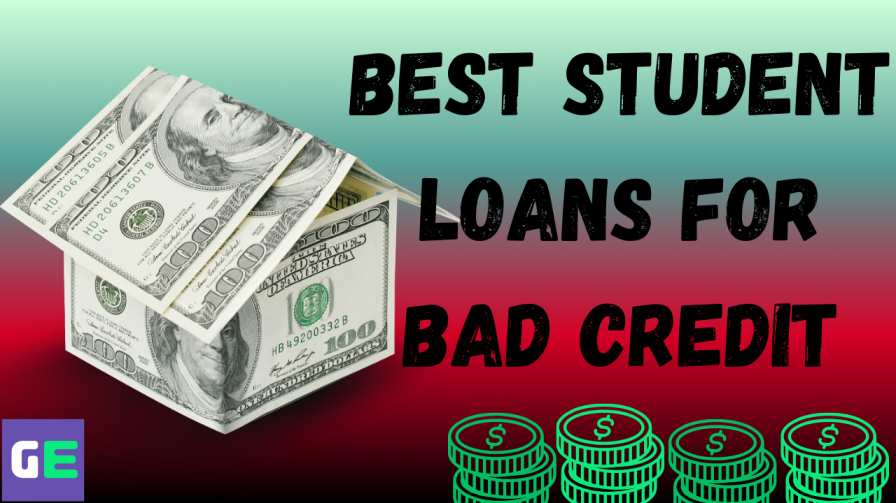






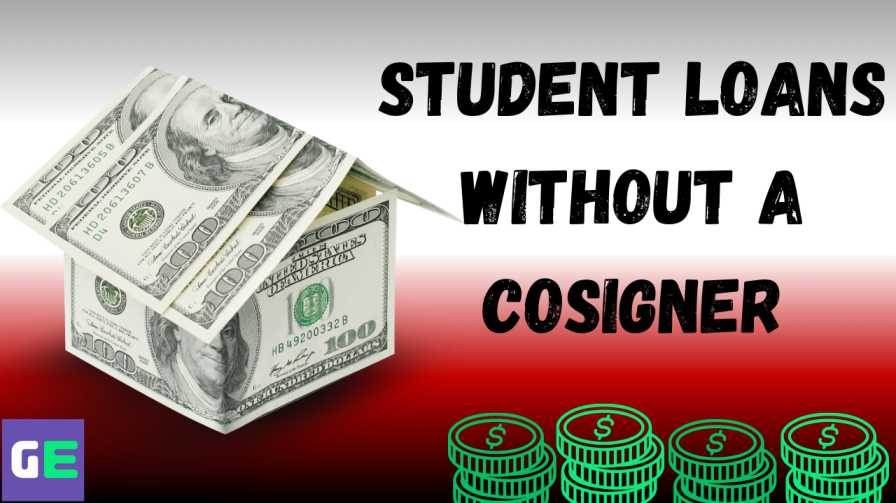
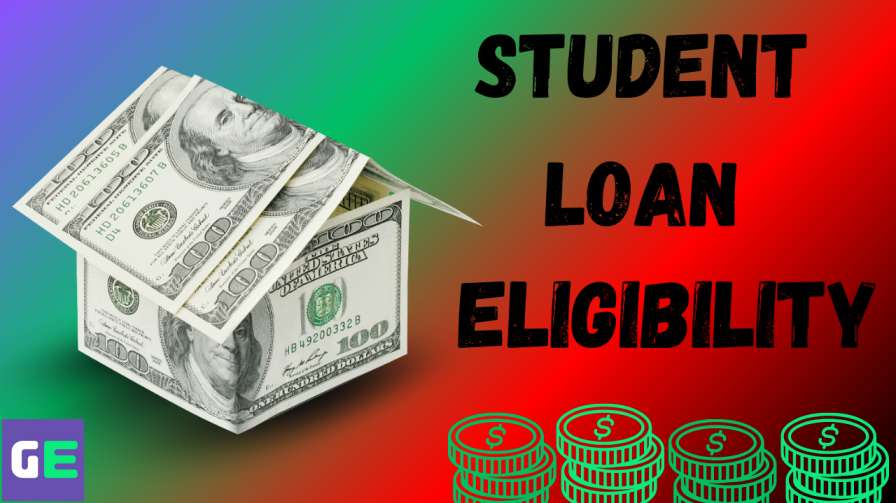
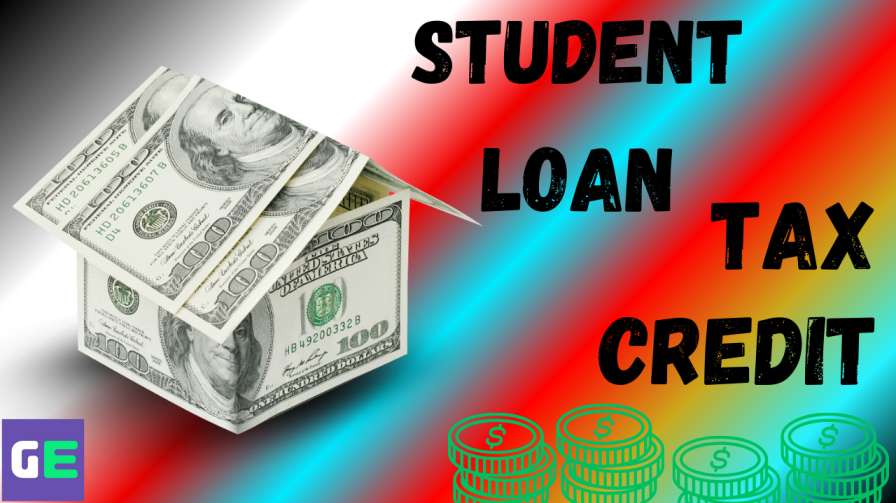
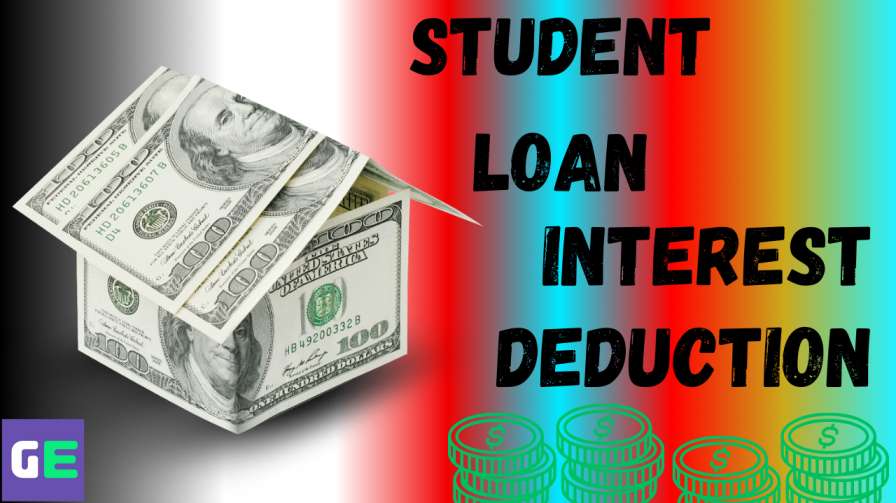
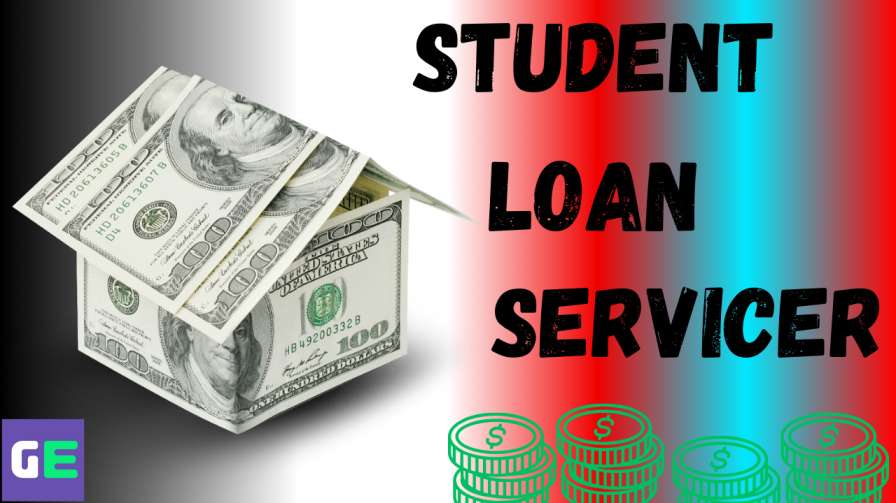
Leave a Reply